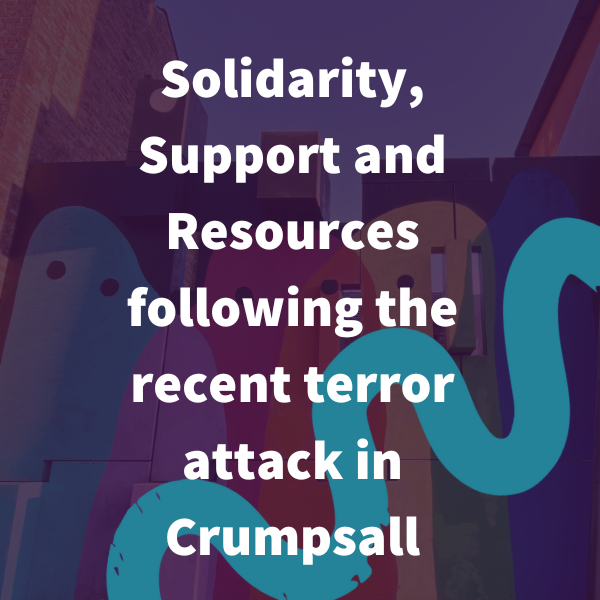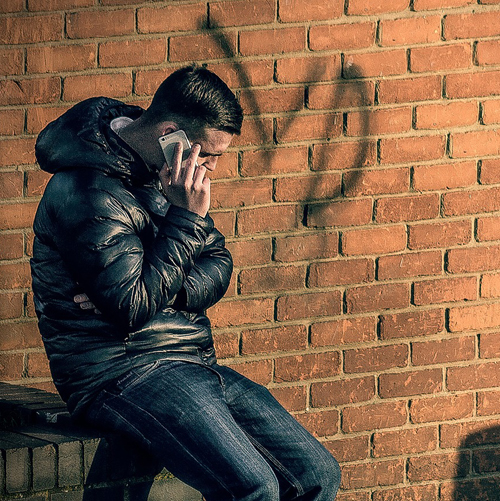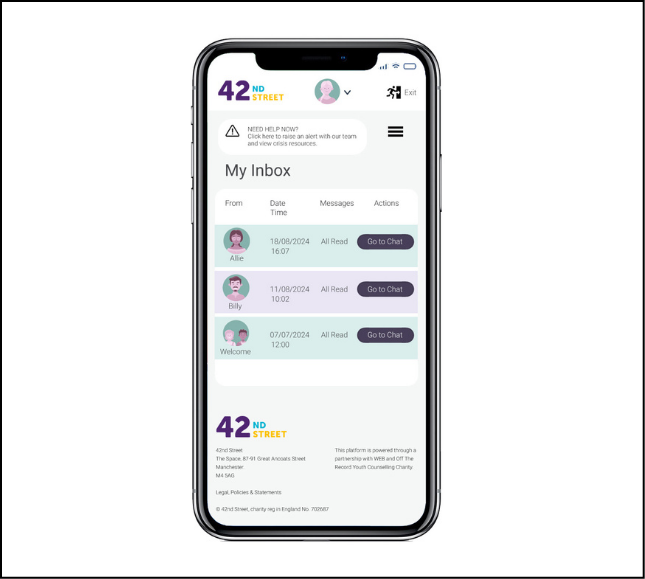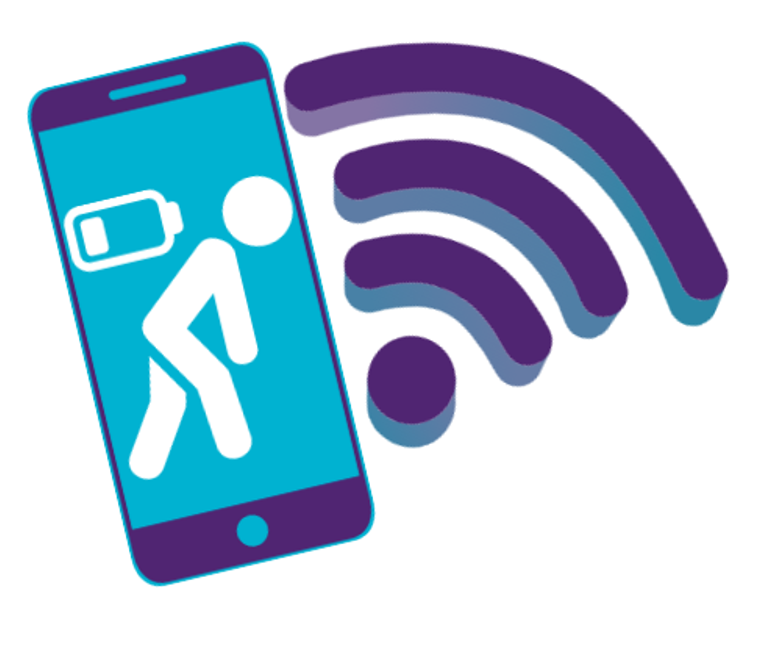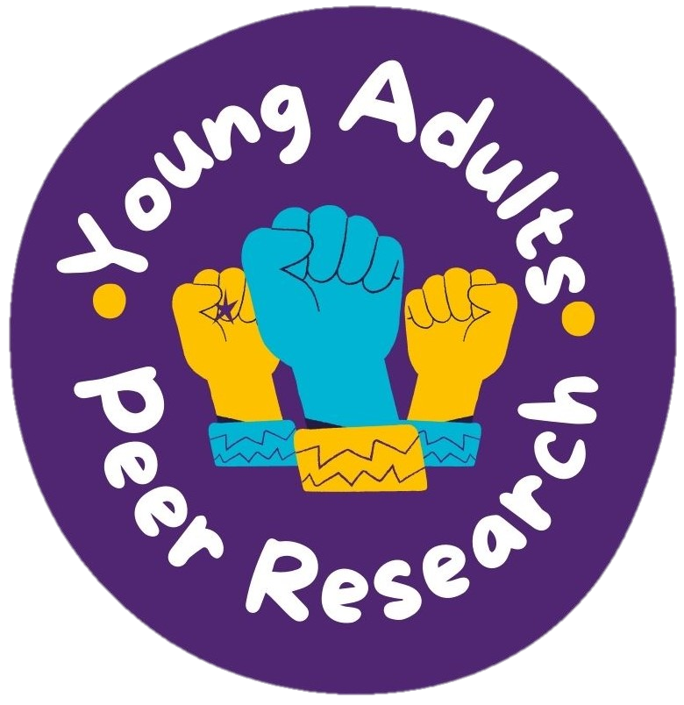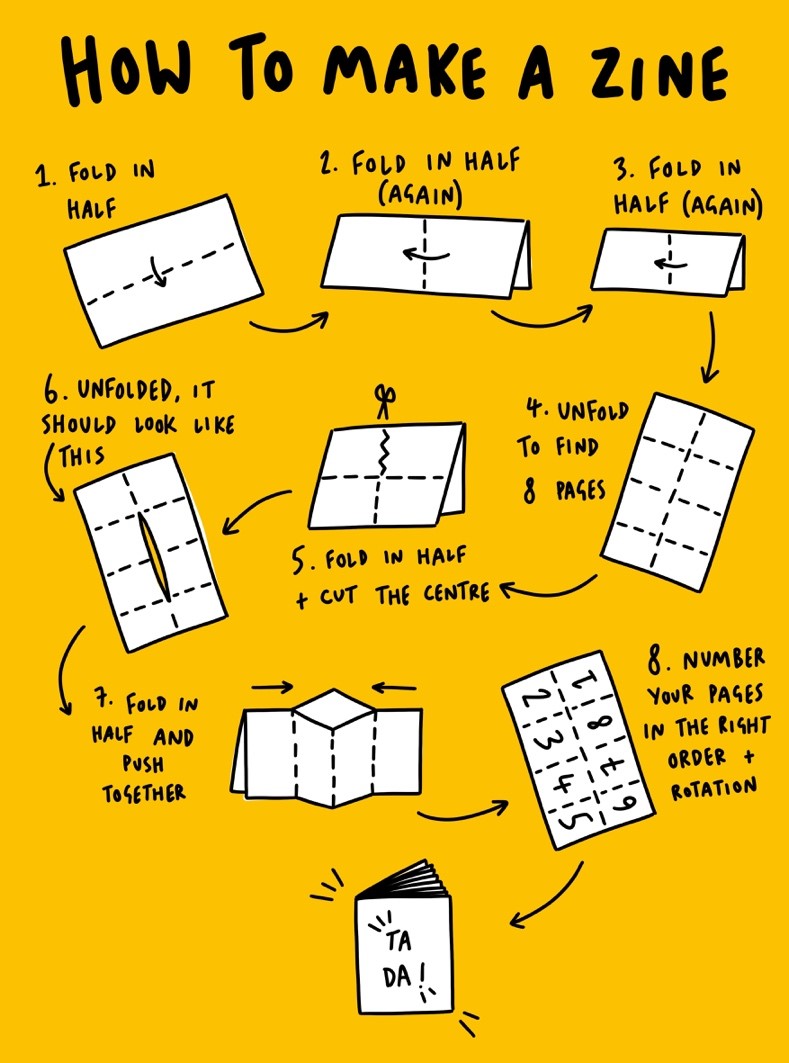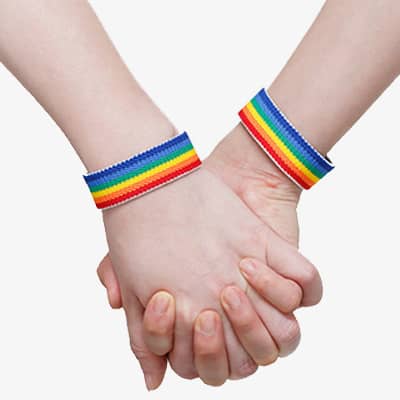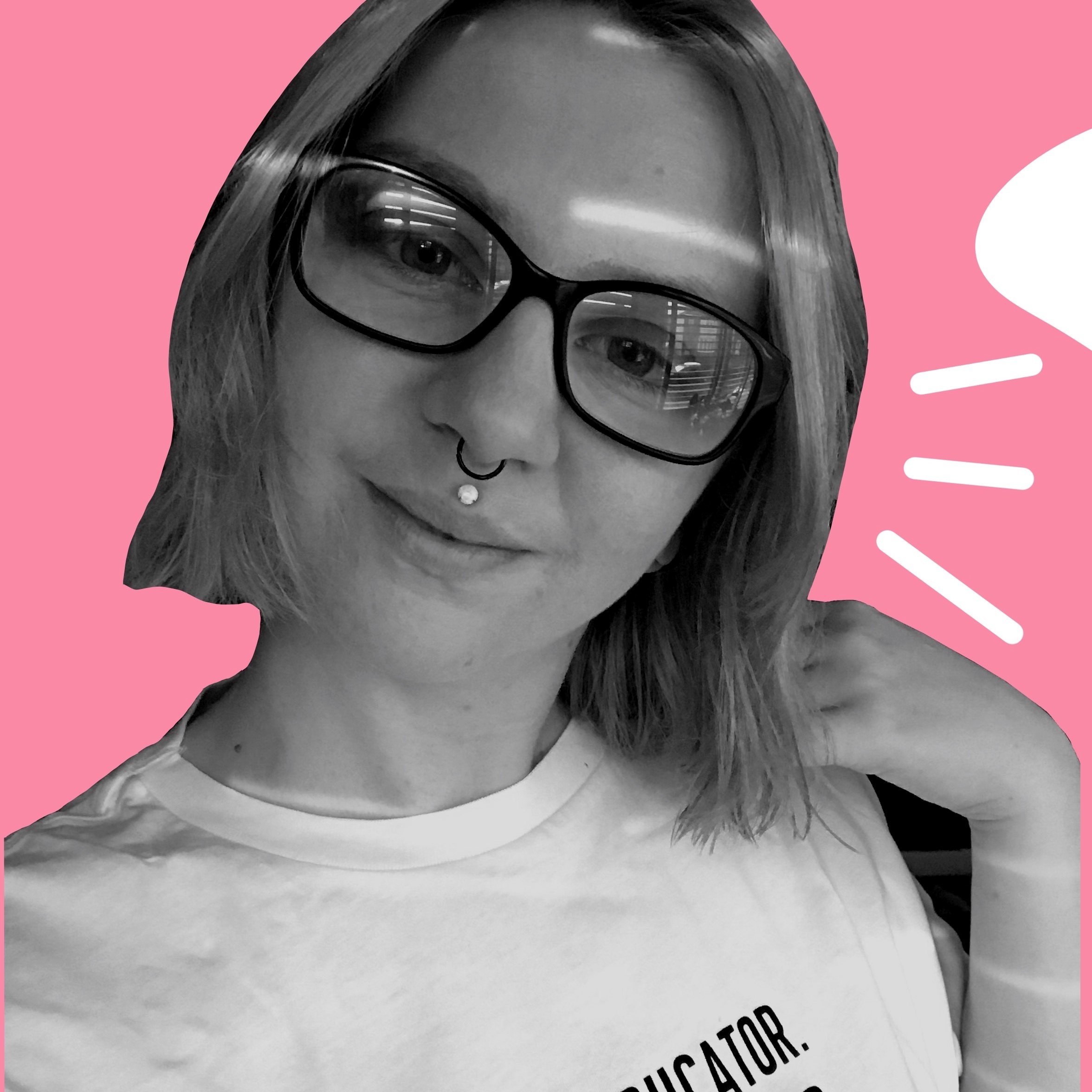Help with self-harm
Reading time: 8-10 minutes
Self-harm is often seen as any deliberate act of hurting yourself. Sometimes the phrase ‘self-injury’ is used, which generally means physically injuring yourself in some way on purpose. Often it’s a way of coping with difficult emotions or experiences that feel otherwise unimageable.
Various things can lead someone to self-harm, usually ones that feel unmanageable at the time. People who self-harm can sometimes be assumed to be having suicidal feelings too, but quite often they are separate.
Whilst self-harm might help to cope with difficult emotions it can also sometimes lead to feelings of shame or embarrassment. It isn’t anything to be ashamed of though. (If someone you know is self-harming try helping them to not feel ashamed by it can really help keep conversations going and help them talk about what’s going on).
Even though we might call it a coping strategy it’s also important to recognise that it’s not the healthiest one. Like anything that helps us cope with something, we can become dependent on it if it’s something we do frequently and the more that self-harming becomes a habit, the harder it can be to break.
While it may feel helpful at the time, a lot of young people say that self-harm can quickly spiral into a habit or an addiction. The urge to self-harm can make you feel out of control and alone.
But there is a range of things that can help to manage difficult emotions that are much less harmful or even beneficial! With the right support and guidance, we can develop healthier coping strategies.
Self-harm looks different for everyone. For some people, it might be a way of:
- Relieving stress
- Feeling ‘real’ and connecting with their body
- Feeling more in control of current emotions or life circumstances
- Achieving a sense of calm
- Punishing themselves
It’s also ok if you’re not sure why you self-harm, and you don’t have to know the reason to talk about your experiences – they’re still just as valid.
What might help?
If you self-harm, you may feel isolated or misunderstood. Remember that you are never alone and there is always someone to talk to about what you’re going through. There are also several things that you can do to cope with your feelings in less harmful ways.
Talk to someone! If self-harm is affecting you, open up to someone you trust. This could be a relative, friend, GP, teacher, or a helpline support worker. Keeping your feelings and experiences bottled up can make you feel even worse and may increase the urge to self-harm. There are several groups at 42nd Street that you can join, where you can get to know other young people who may be experiencing similar things.
Find an activity to do whenever you start thinking about self-harm. This should be something that focuses your attention and distracts you a little in the moment. Do something that you enjoy, whether that be reading, exercising, playing games, cooking – something you can focus on.
Keep physical objects close by. Some people find it helpful to keep physical things on them, such as fidget spinners, stress balls, or rubber bands to snap on your wrist.
Draw on yourself. When you feel like you might self-harm, use a pen to draw or doodle on the area where you’d normally hurt yourself, or anywhere on your hand, arm or wrist. Some people find that sticking plasters over the area can help too, and others find things like flicking rubber bands on their wrist can help.
Look after any wounds. Taking care of your wounds is important for minimising harm and keeping you safe. Clean any object that you use to self-harm and try to have plasters or other first-aid materials nearby. Keep the wound clean while it’s healing and change plasters or bandages regularly. There’s further advice from the NHS here. If you think you may need medical help for a wound, don’t hesitate to visit A+E. Ingesting any harmful substance or object is never safe and you should head to A+E immediately in this case.
Think about potential triggers. This might help you to recognise when you’re most likely to hurt yourself and prepare for it as much as you can. You may be able to notice the urge and delay the act of self-harm. Sometimes, the urges may even subside. Ask yourself: does the urge tend to hit at certain times or situations? Is there anything that you could do to minimise the impact of the situation, such as distracting yourself with something you enjoy?
Where to go for more support
If you do self-harm, there are plenty of people who can provide you with the support and understanding that you need, even if it’s just a listening ear. There are also lots of resources available that can give you more information and help you to develop more positive ways of dealing with difficult feelings.
Remember that if you’re ever feeling desperate or think that you might hurt yourself, you can walk into any A+E for immediate support.
“Truth About Self-Harm” is a downloadable guide produced by the Mental Health Foundation. It goes into a lot more detail about self-harm, including common myths, tips for getting help, what to do if someone has told you that they self-harm, and more.
Mind has a really useful page about what you can do when you feel the need to hurt yourself.
The Mix website has lots of videos and resources which cover a variety of topics around self-harm.
Alumina offers free, anonymous online support for 14–19-year-olds who are struggling with self-harm.
Self Injury Support provides self-harm support for women and girls. Their site contains a wealth of information about self-harm, as well as useful resources and text support. They also provide a lot more detail about how you can reduce the risk of self-harm and keep yourself safe.
Call a helpline. If things are getting on top of you, there are several helplines that you can call to chat to someone about how you’re feeling or ask any questions that you might have. You can find a list of helplines and links to other resources here.
Seek support from 42nd Street We provide a number of services, some face-to-face, some online, all of which provide someone who will listen, acknowledge your feelings, and work with you to develop different ways to manage your emotions and self-harming behaviours. We also hold weekly drop-in sessions so that you can speak with a worker without an appointment. You can read about our services here.
What to do if someone you know is self-harming
If a person you know is self-harming, you might not know how to react. You might be feeling a range of different emotions yourself, from anger and frustration to feeling like you’re to blame.
Regardless of whether that person has told you themselves or you suspect or find out that they’re doing it, it might help to remember that self-harm is a coping mechanism for difficult feelings and experiences. Most of the time, it doesn’t necessarily mean that the person is suicidal.
There are several things that you can do to support a friend or family member who is self-harming:
Tell them that you’re there. Let them know that you’re here to support them, even if it’s just to lend a listening ear.
Try not to judge. A person might self-harm for a number of reasons. Even if you don’t understand it yourself, try to remember that self-harm is simply a way of handling things that feel unmanageable
Offer to seek support with or for them. Don’t force it, but ask your friend or family member if they’d like some help finding external support. Speaking with a professional is really important in making sure someone gets the right support.
Keep communication flowing. Check in on the person and let them know that you’re there to chat. Ensure that your conversations are open and honest.
Don’t try to control things. This includes taking control away from your friend or family member to prevent them from hurting themselves. It could well make the feelings even harder to manage, only without any coping strategy at all.
Show understanding. People who self-harm may worry about being viewed as ‘attention-seeking’. Show them that you don’t think this by acknowledging their deeper feelings. As instinctive as it may be too, telling someone they should stop doesn’t always help either; the other person will likely already know that that would be the ideal solution but without help or strategies to replace self-harm they might not be able to – simply telling them to stop so won’t make it happen!
Finding out that someone you care about is self-harming can bring about some very difficult emotions. While it’s important to be there for that person, it’s also vital that you look after yourself. This isn’t selfish - your wellbeing is valuable too and taking care of it can actually allow you to better support your friend or family member.
Here are some things that you can do:
- Set boundaries. Let the person know the extent of support that you can offer them. It’s impossible to be there all of the time and there's only so much that you can do.
- Talk to other people. You may feel under a lot of pressure and be experiencing some challenging emotions yourself. Reach out to someone you trust about what you’re going through. You may find it helpful to access counselling or other therapy services too.
- Look at other support. See what other support is available to people who self-harm. Mind has a page on different types of support and treatment, which you may find useful.
- Get online support. There are lots of online resources, guides, and help for people who are supporting someone else:
- If you’re a parent, Young Minds has a page specifically for parents who are concerned about their child’s mental health.
- Harmless and Self Injury Support both go into a lot more detail about ways to be there for someone who self-harms.
- Samaritans has a great section on their website about supporting someone you’re worried about. If things are getting on top of you, you can also call their free helpline on 116 123.
By: Ruby Guyler
Other articles you could be interested in:






